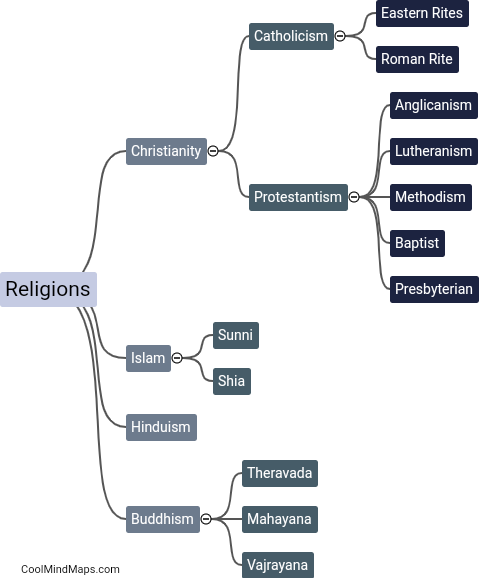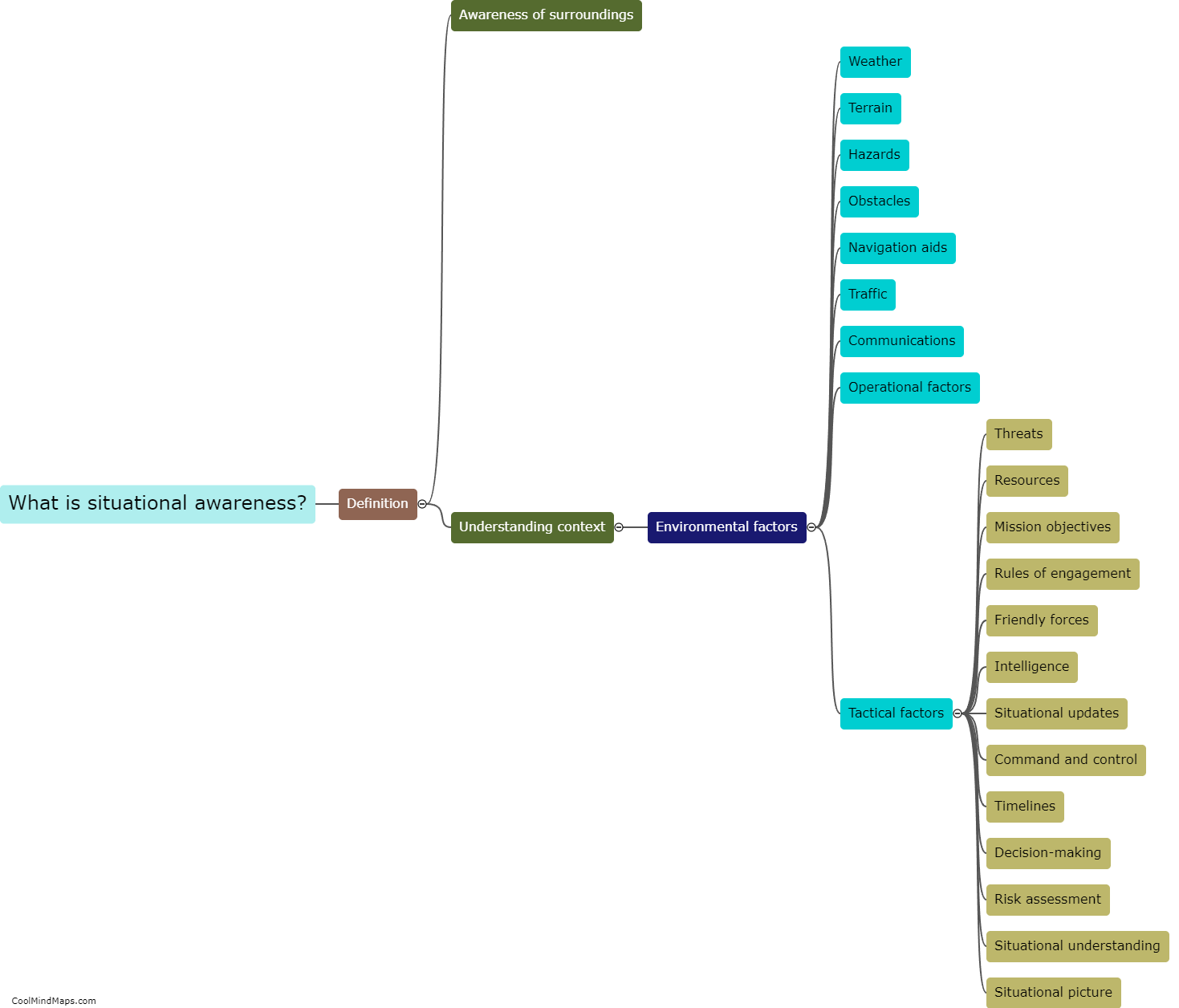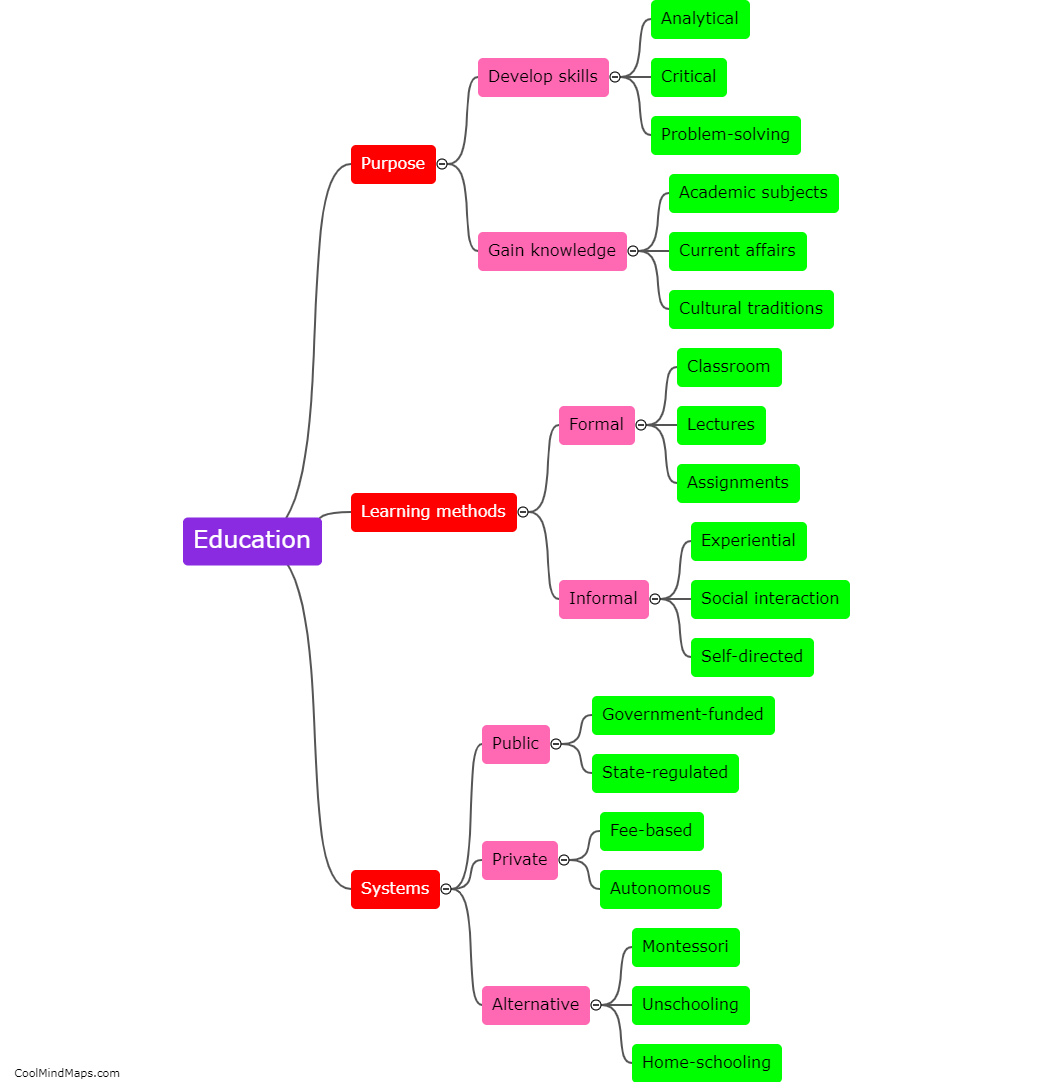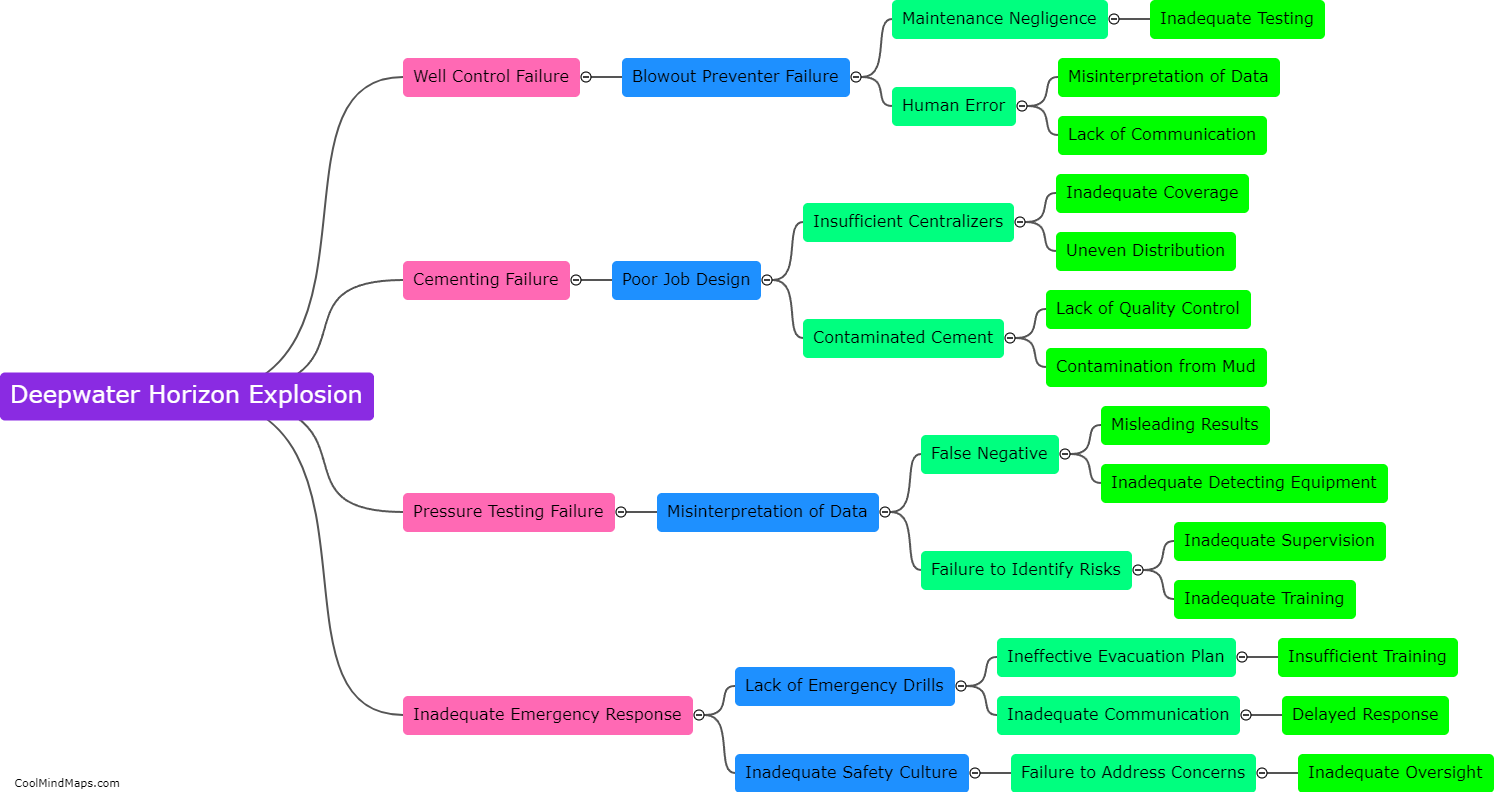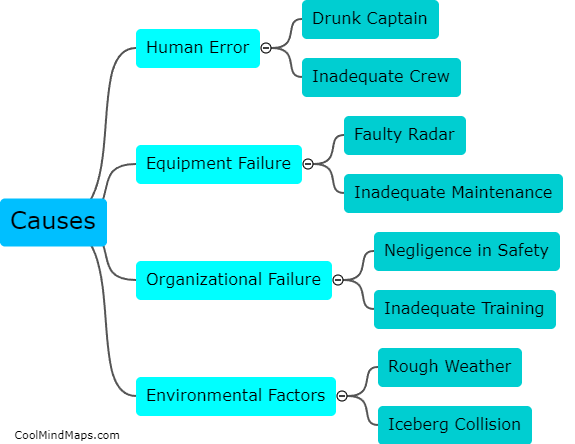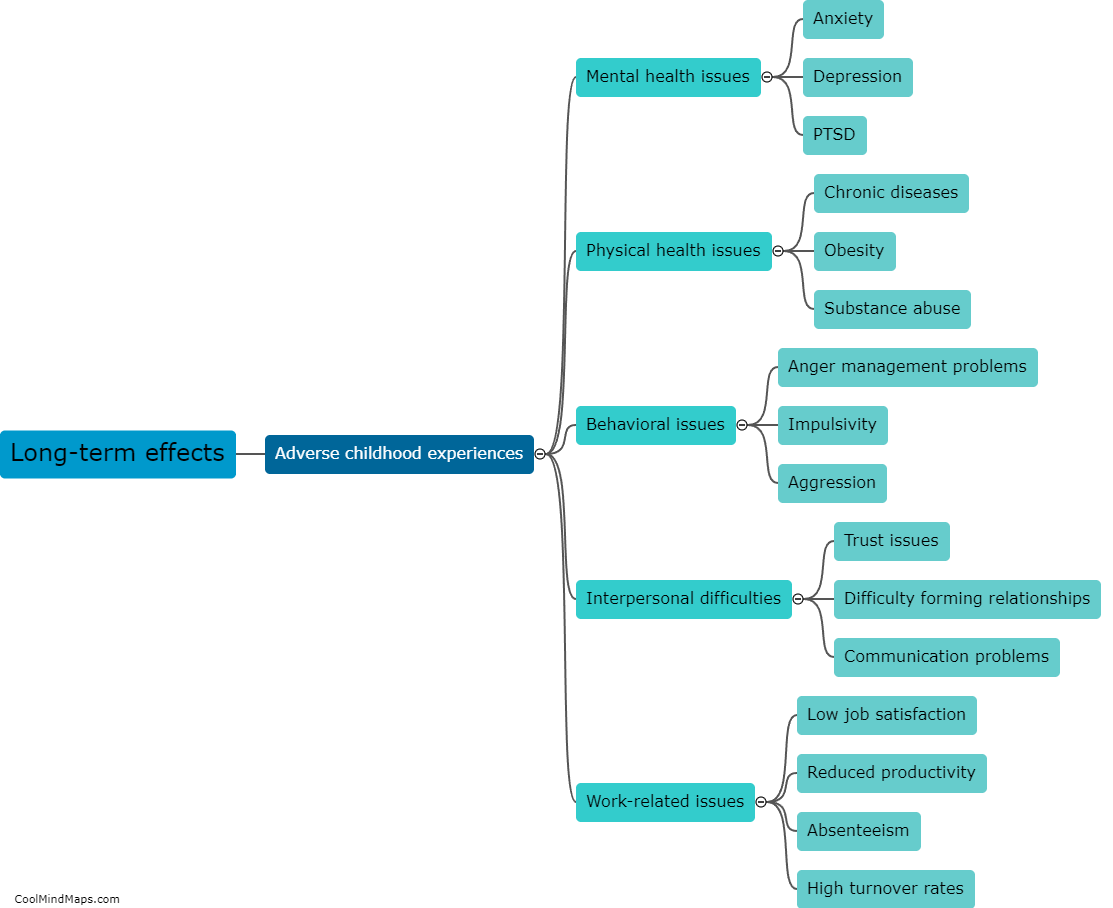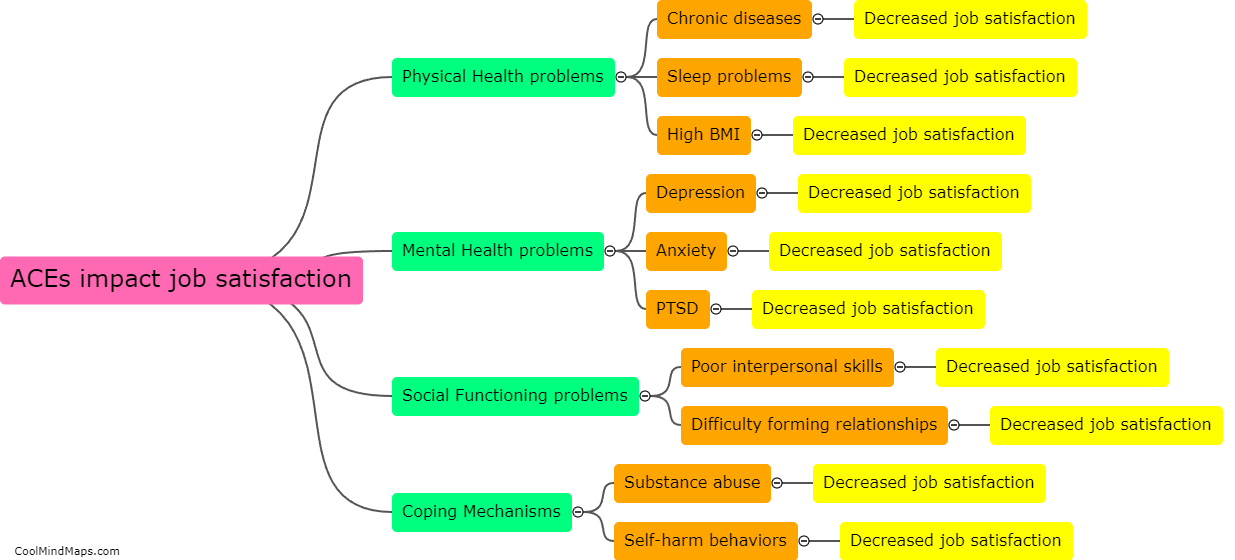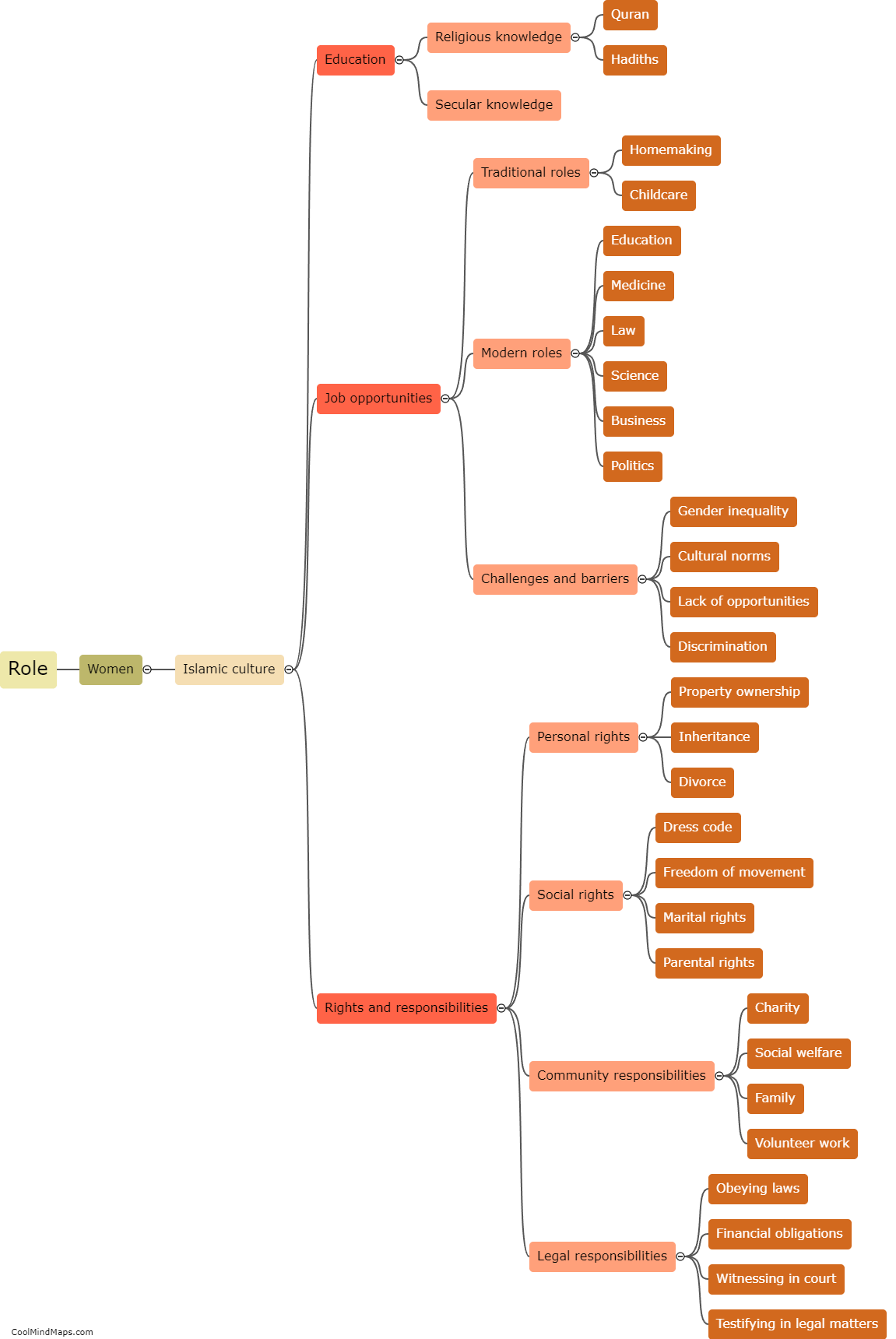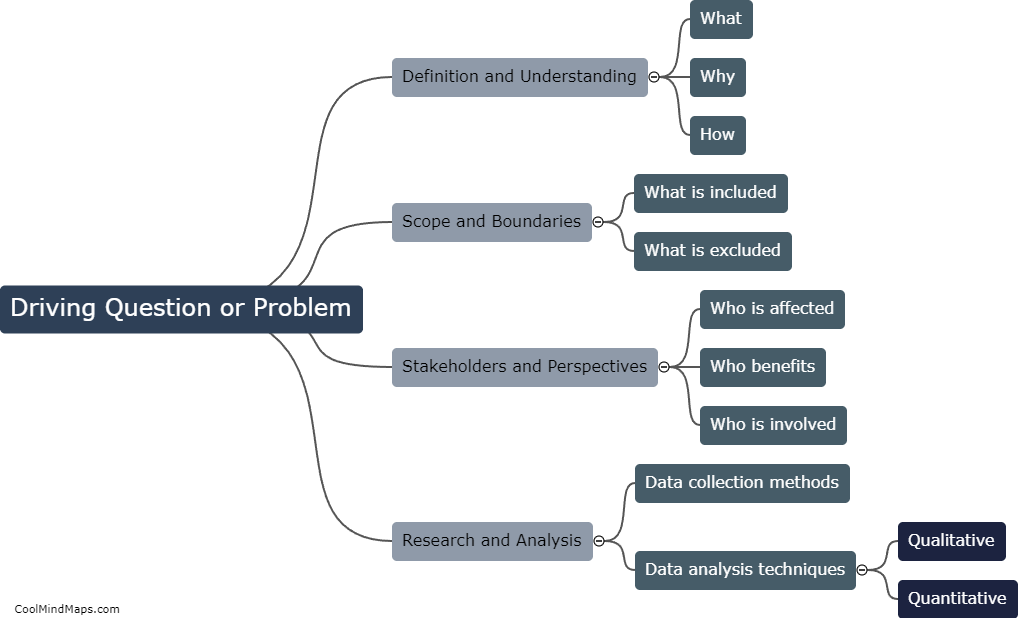How do adverse childhood experiences affect job performance?
Adverse childhood experiences (ACEs) have been found to have a significant impact on job performance. ACEs refer to traumatic events or experiences, such as abuse, neglect, or household dysfunction, that occur during childhood. These experiences can have long-lasting effects on individuals, including their ability to perform well in the workplace. Research suggests that individuals with a higher number of ACEs are more likely to struggle with mental health issues, including depression, anxiety, and post-traumatic stress disorder (PTSD). These mental health challenges can manifest in various ways, such as decreased concentration, difficulty managing stress, or impaired social skills, all of which can affect job performance. Additionally, ACEs may lead to the development of maladaptive coping mechanisms, such as substance abuse or self-destructive behaviors, which can further hinder an individual's ability to succeed in their professional life. Therefore, it is crucial for employers and organizations to recognize the impact of ACEs and provide support, resources, and a trauma-informed workplace environment to mitigate these effects and promote optimal job performance.
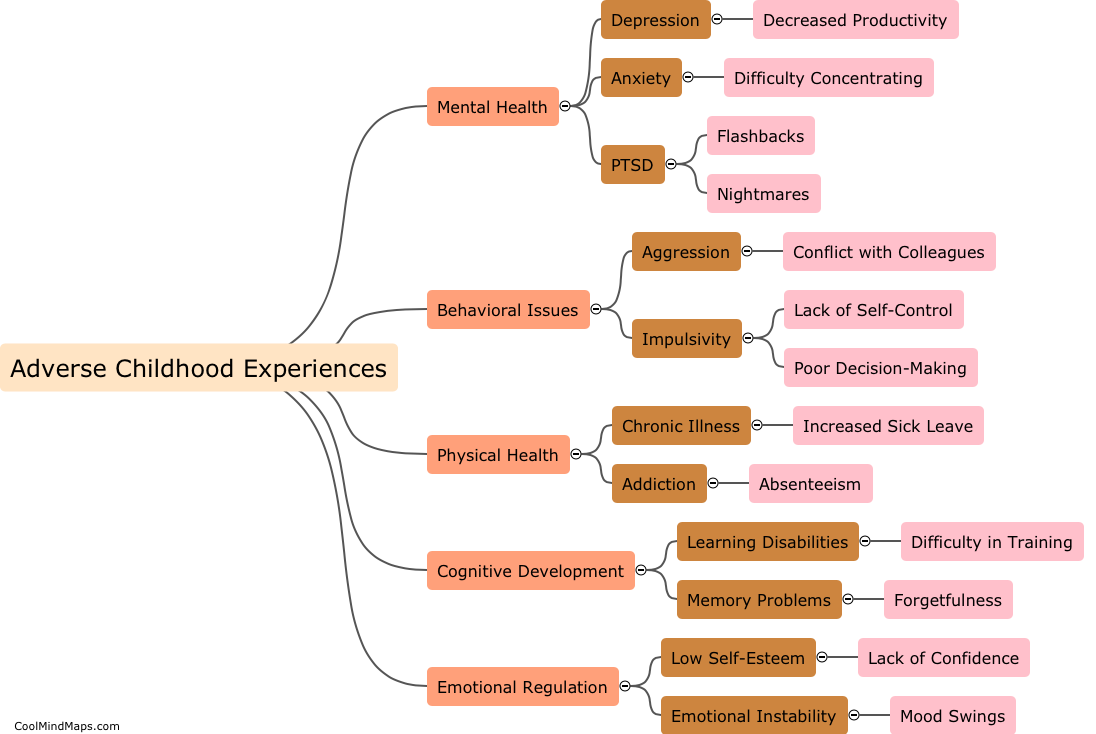
This mind map was published on 21 November 2023 and has been viewed 95 times.

